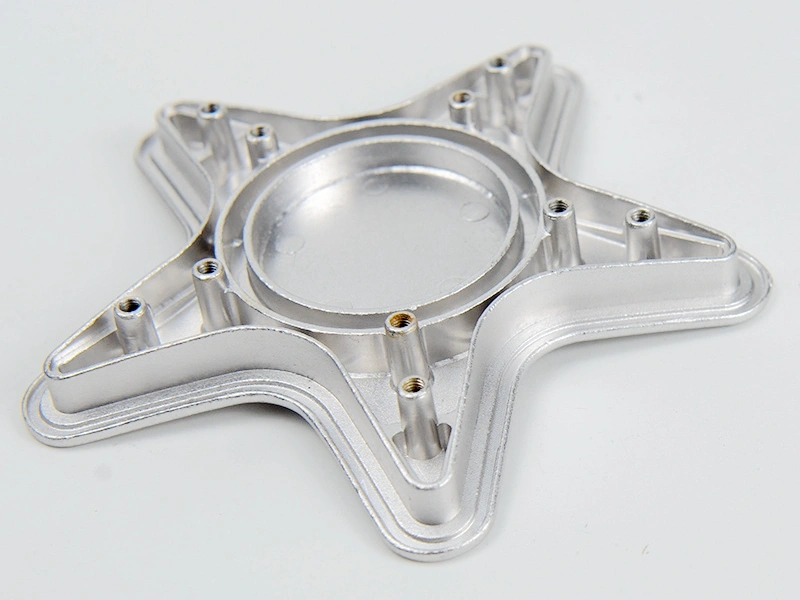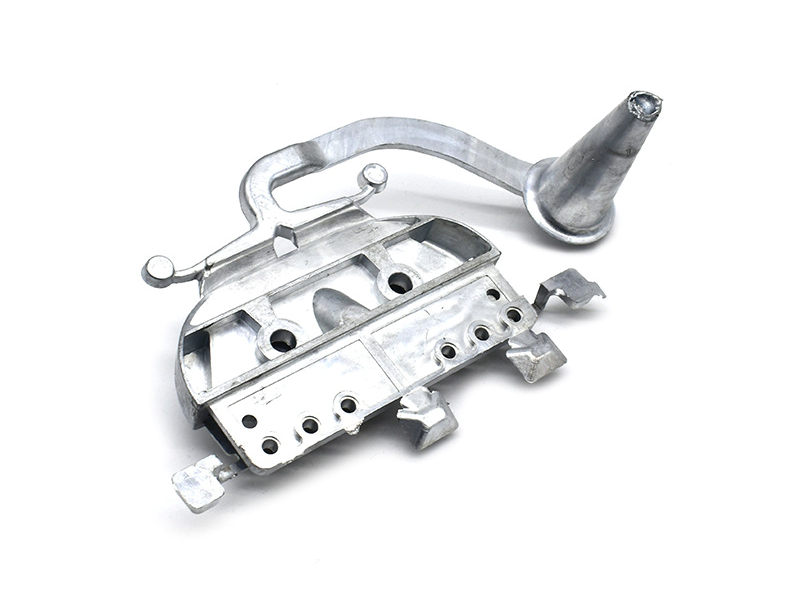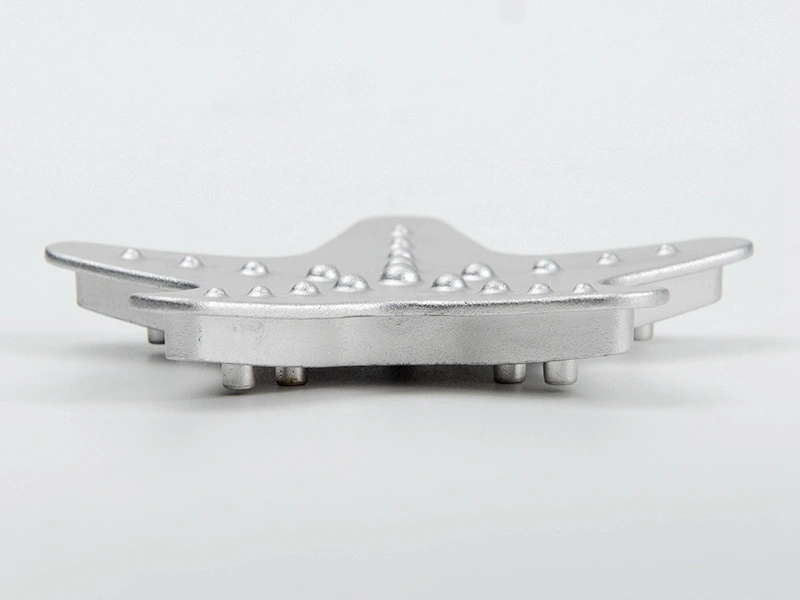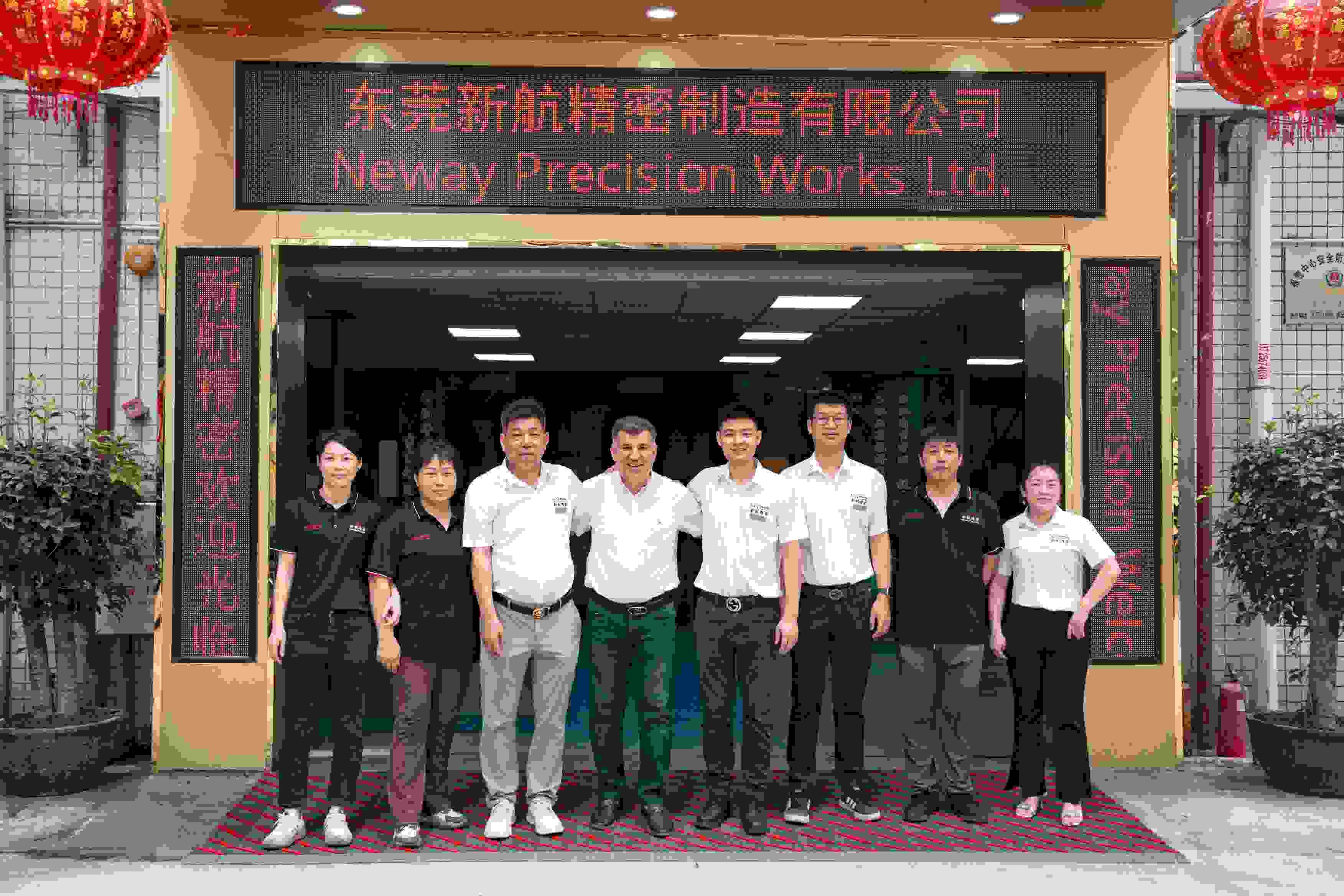What types of finishes can be applied to zinc die cast parts?
What Types of Finishes Can Be Applied to Zinc Die Cast Parts?
Overview of Zinc Die Casting Surface Finishing
Zinc die cast parts offer excellent surface finish characteristics straight out of the mold due to the alloy's superior fluidity and fine grain structure. However, for enhanced corrosion resistance, appearance, or functional performance, several post-finishing techniques can be applied. These surface treatments enhance product durability and aesthetics across a wide range of applications.
Common Surface Finishes for Zinc Die Castings
1. Powder Coating
Powder coating is a durable, solvent-free coating applied electrostatically and cured under heat. It provides excellent corrosion resistance, chemical resistance, and a wide range of color and texture options. Zinc parts must be properly pre-treated, typically through phosphating or chromating, to ensure optimal adhesion.
2. Painting
Painting is commonly used for cosmetic finishes or branding. Zinc’s smooth surface ensures good paint adhesion, and undercoats such as primers enhance longevity. Epoxy, acrylic, or polyurethane paints are often chosen based on application-specific requirements.
3. Electroplating
Zinc die cast parts can be electroplated with chrome, nickel, brass, or copper for both functional and decorative purposes. Electroplated finishes improve wear resistance and surface hardness, and are typically applied after a post-machining step to prepare the casting surface.
4. Sand Blasting
Sand blasting is used to create a uniform matte texture or to prepare the part for further finishing processes like coating or plating. This process enhances coating adhesion and removes surface impurities.
5. Tumbling
Tumbling is a mechanical finishing method used to deburr and smooth die-cast parts. It's particularly effective for small- to medium-sized zinc components that require uniform surface texture without manual polishing.
6. Passivation
Though less common for zinc compared to stainless steel, passivation treatments involving chromates or phosphates can be used to improve corrosion resistance and prepare the part for secondary coatings.
Selection Based on Application
Decorative components often require painting, powder coating, or electroplating.
Mechanical components may benefit more from sand blasting and tumbling to ensure dimensional stability while improving adhesion for functional coatings.
Corrosion-sensitive applications call for powder coating or specialized plating systems designed for extended outdoor exposure.
Recommended Services for Zinc Finishing Applications
To help customers achieve optimal surface performance, we offer:
Post-Processing Treatments
Powder Coating: Durable, uniform coatings for corrosion and UV resistance.
Painting: Ideal for branding, aesthetics, and environmental protection.
Sand Blasting: Enhances coating adhesion and improves surface appearance.
Mechanical Finishing
Tumbling: Efficient deburring and smoothing for small-to-medium parts.
Precision Post-Machining
Post Machining: Critical surface preparation step before plating or coating.
Our full-spectrum post-process service ensures tailored finishing solutions for every zinc die cast application, whether functional or cosmetic.



